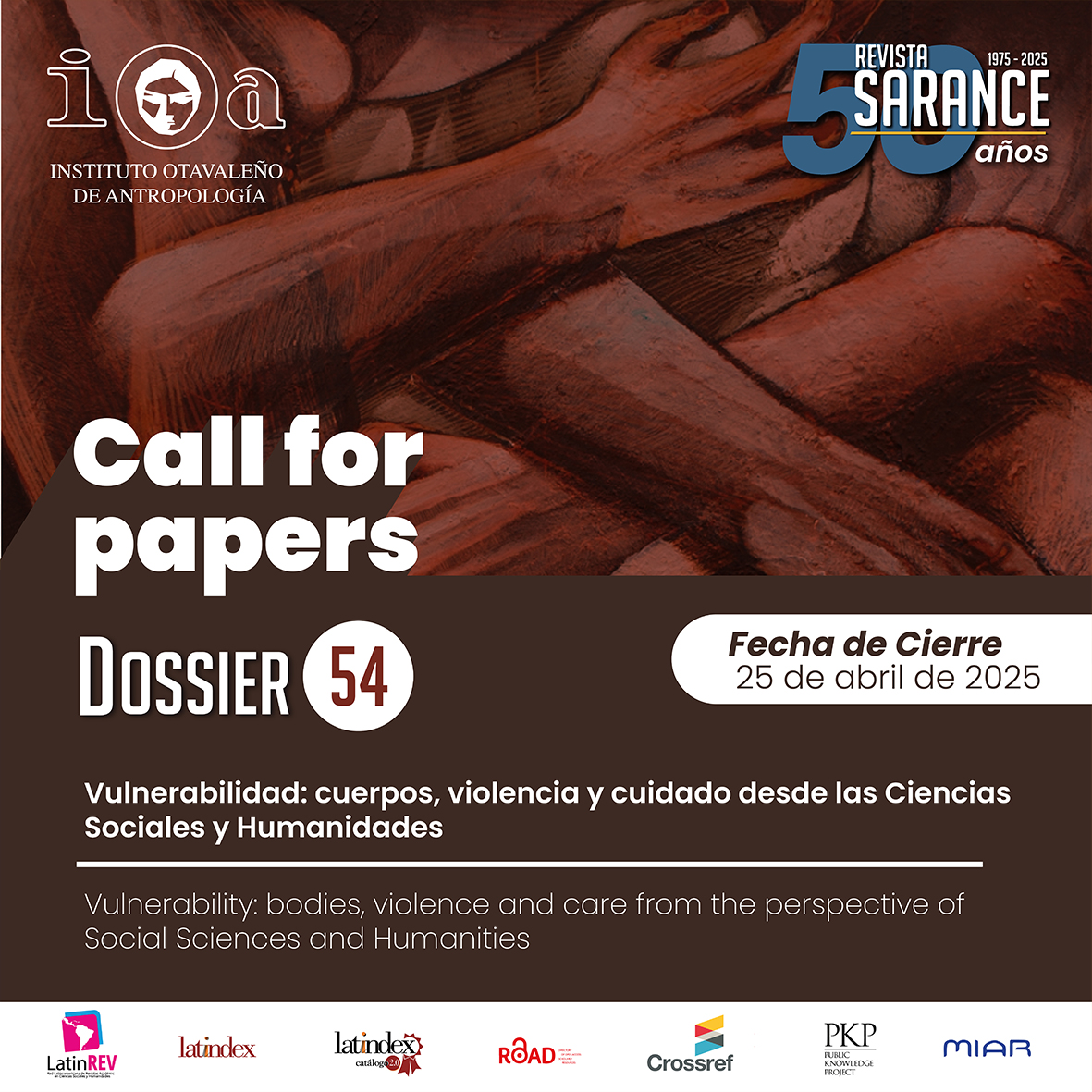
How can we approach vulnerability from the perspectives of social sciences and humanities?
Call For Papers
Or is it rather a social problem? The notion of vulnerability has been widely discussed within the philosophical traditions of phenomenology, existential philosophy, and later on in ethics, bioethics, and critical theory of the 20th century. Initially conceptualized by Heidegger, who understood human existence as «thrown» into the world (Geworfenheit, see Heidegger 1967, 179), vulnerability has become a concept that has branched out into different disciplines within the social sciences and humanities.
Understood as a situated, contextual, and intersectional condition, vulnerability allows us to approach the multiple layers that inform life within a social structure. These states shape the real-life conditions of a person or group which becomes more exposed to injustice, violence, insecurity, precariousness, discrimination, or stigma. As Foucault expresses in The Micro-physics of Power, our experiences as subjects always depend on a complex exercise of power, immersed in power networks with their own historical development within which we suffer and exercise power (Foucault 1979, 99).
Therefore, vulnerability must be understood from a systemic and interdependent standpoint (Malgieri 2023, 457). Engaging vulnerability in all its dimensions becomes an urgent issue nowadays, in the moment that Nancy Fraser defines as a comprehensive care crisis in which contemporary logics have jeopardized all the structures sustaining life (Fraser 2023).
The journal provides authors with the following resources:
A guideline template in Word format, designed to facilitate the preparation and submission of manuscripts.
The Authorship, Good Practices, and Copyright Transfer Declaration, a mandatory document that must be attached at the time of submission.
Key Dates
Submission Deadline: April 25th, 2025
Publication Date: June 2025
Article Publication
In the Sarance Journal, all submitted works undergo a rigorous double-blind peer review process. This procedure ensures the academic quality and editorial integrity of each published article.
As a general rule, Sarance Journal adheres to the citation guidelines of the American Psychological Association (APA, 7th edition), widely recognized in the academic field.
The review, editing, and final approval process is conducted via email, ensuring clear communication at each stage from initial submission to publication.
